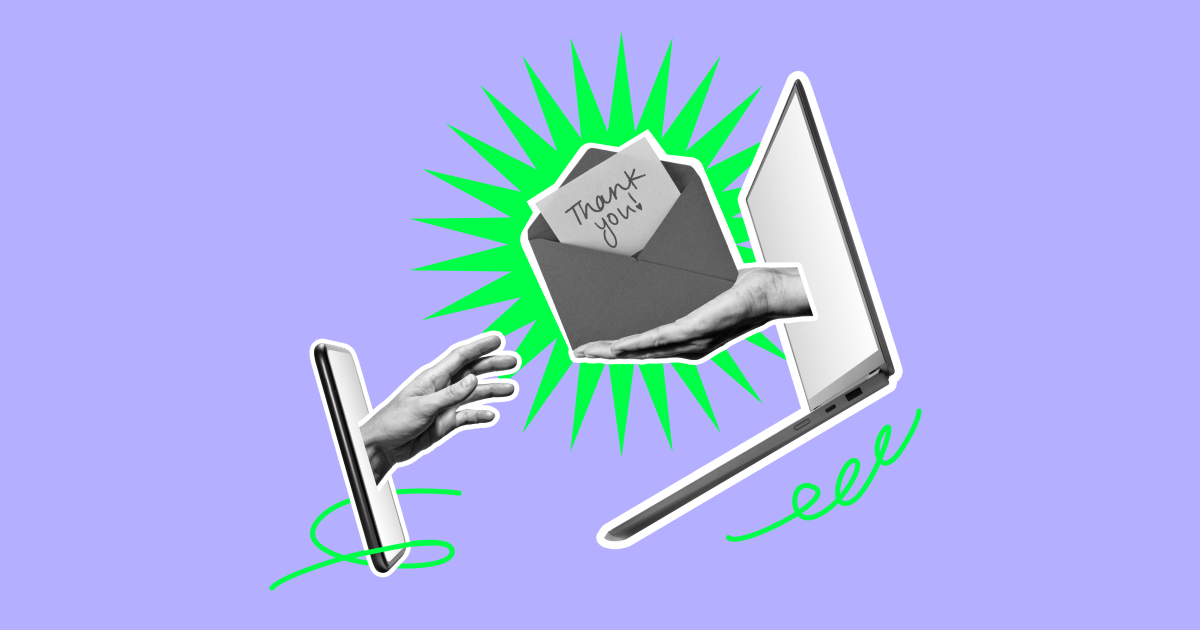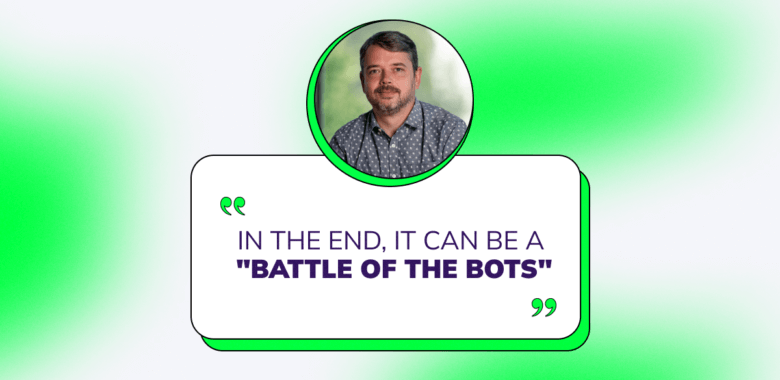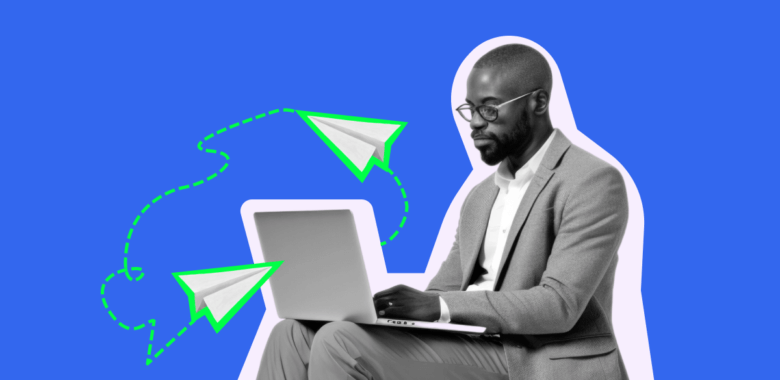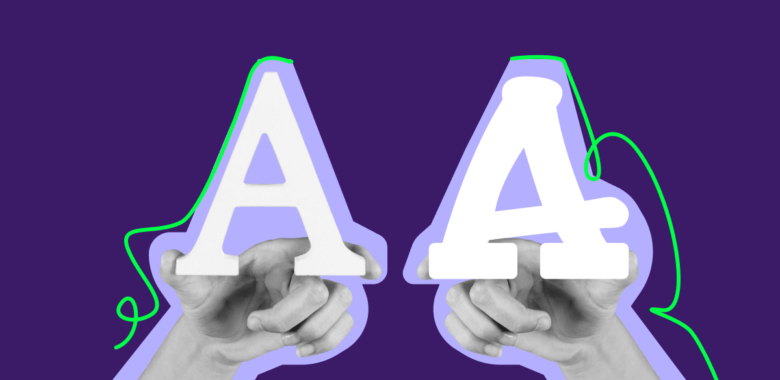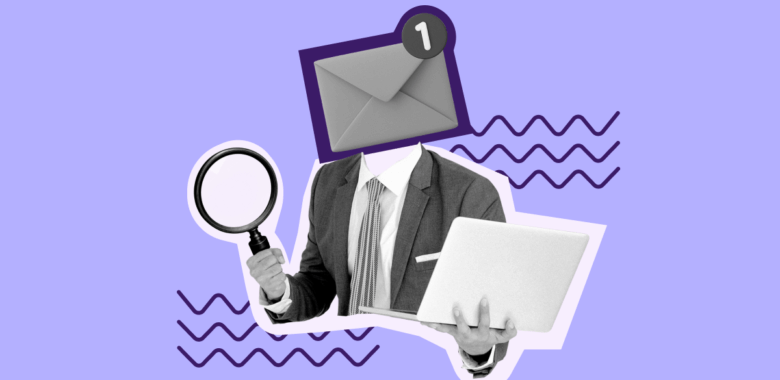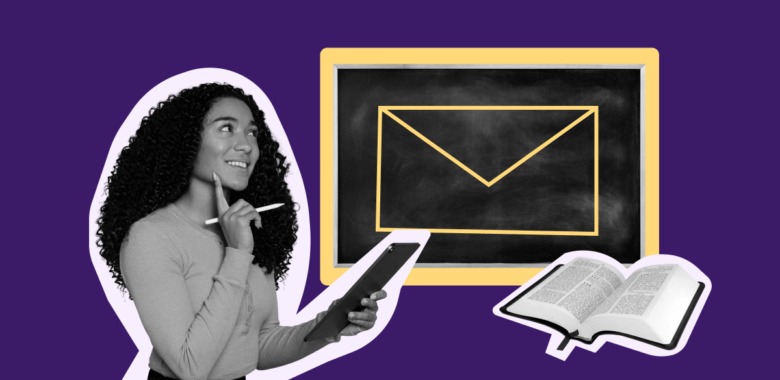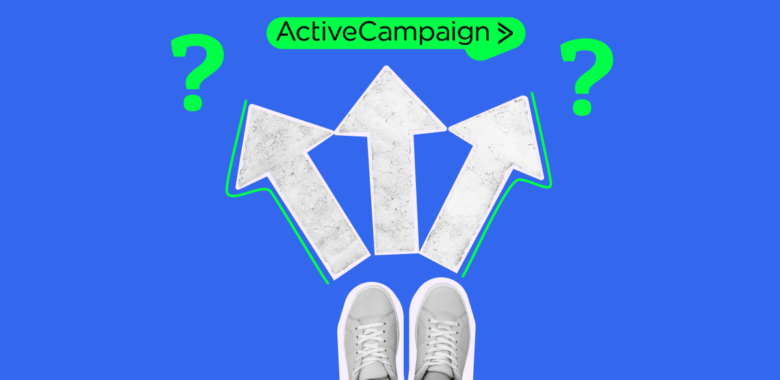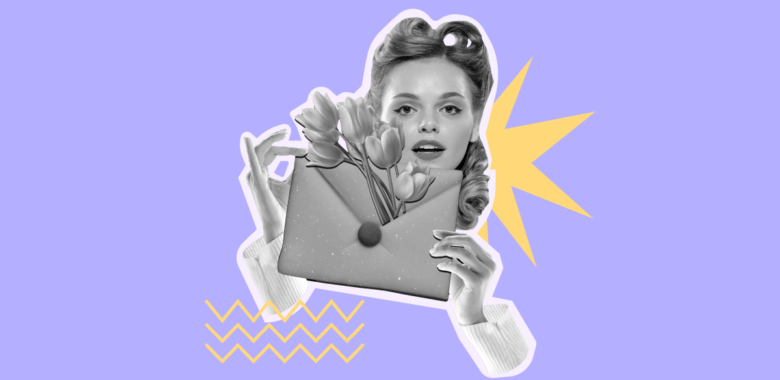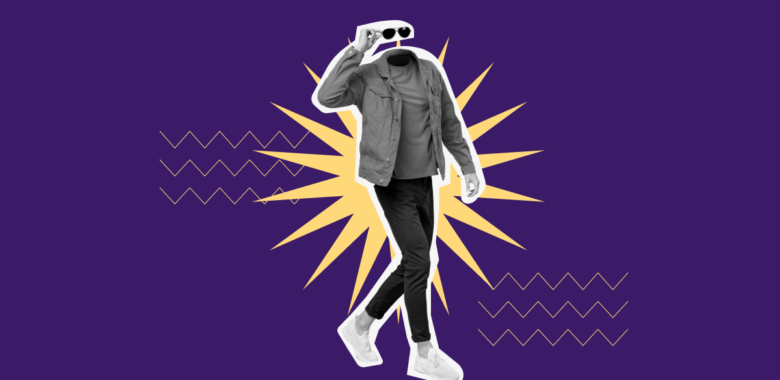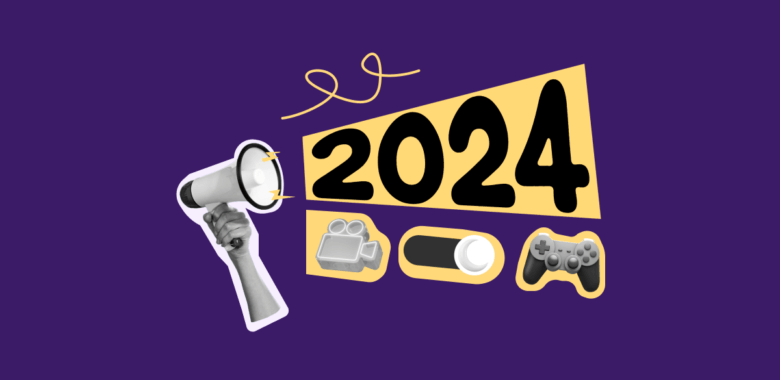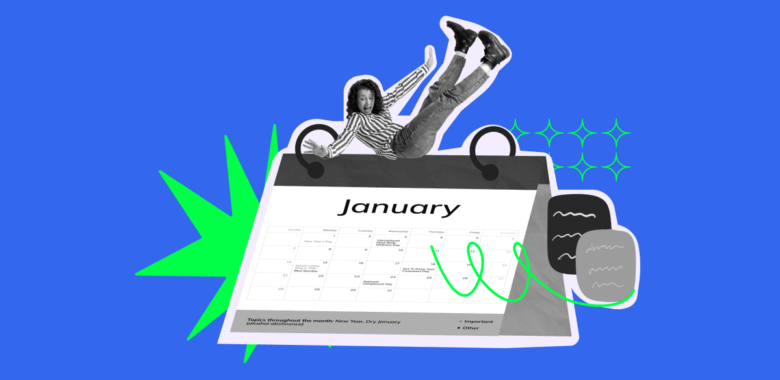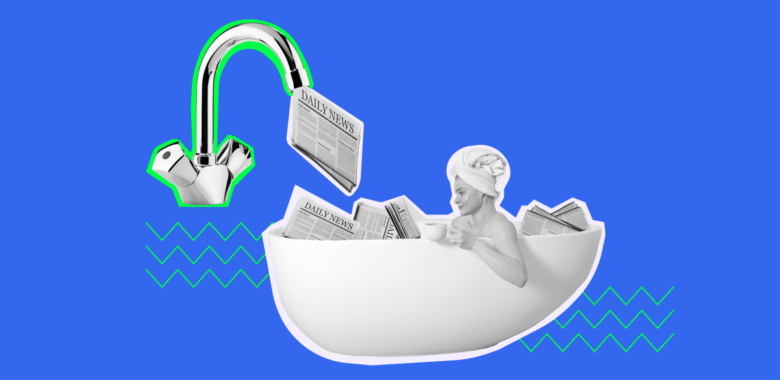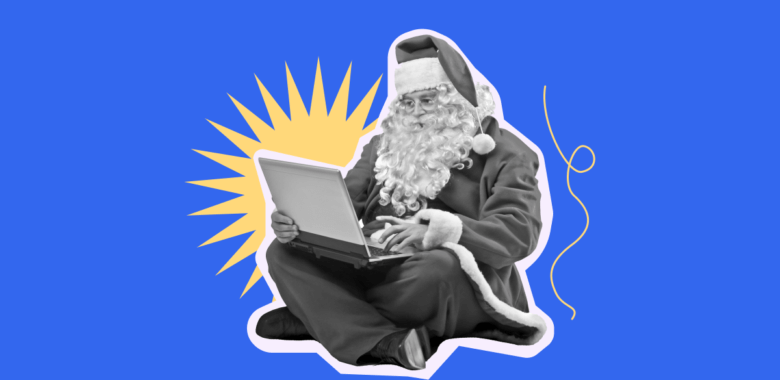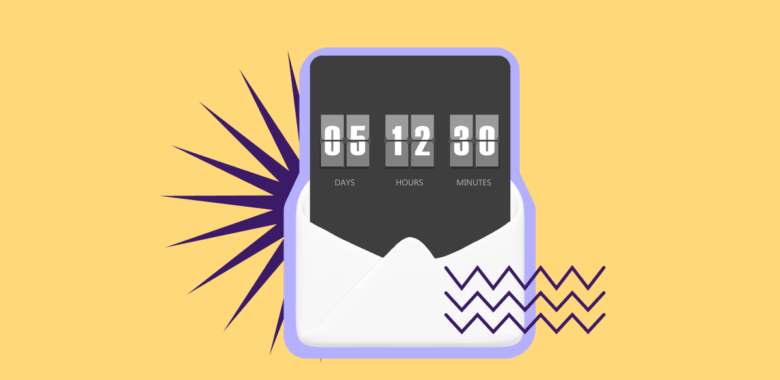How to write a professional thank you email
Let’s break down the structure of a thank you email and discuss what should be in each element from a subject line to a sign-off.
Subject line
Subject line is an important element in your email, which affects whether your email will be opened or not. The subject line should state a clear reason for why you are writing. It’s better to keep it simple and say why you’re thanking the recipient.
Here are some examples of subject lines for professional thank you emails:
- Thank you for your purchase.
- Thank you for your support.
- Thank you for choosing us.
Greeting
The greeting of your thank you email sets the tone for your message. Choose an appropriate greeting based on your relationship with the recipient.
Here are some examples of greetings:
- Dear [First name]: a formal greeting suitable for both professional and casual emails.
- Dear Mr./Ms. [Last name]: can be used if you want to maintain a high level of formality and respect.
- Hello/Hi [First name]: suitable for professional and casual emails you may send to a colleague.
- Dear [Company name] team: good for situations when, for example, you’ve had a job interview with several people at once and you’re sending a thank you email to a company’s address like [email protected].
- Hello/Hi/Hey [Company name] team: same as above but informal, use if appropriate.
Body
In the body of the email, personalize your message and tell the recipient why exactly you’re thanking them. If you only write in generic expressions of gratitude with no detail, it won’t look genuine. Here’s an example:
| Don’t ❌❌❌ |
Do ✔️✔️✔️ |
| I’m dropping you a thank you note for everything you’ve done to us. |
I’m dropping you a thank you note for everything you’ve done on this project. I especially appreciate your great help with developing our blog and our outreach strategy. Your contribution to the content plan for the next quarter and your banner placement study were especially valuable. |
But what if you’re sending a thank you email to a customer? For example, someone who’s been loyal to your company for many years. A good period to do that is at the start of a new year for the business. For instance, your Happy New Year email could also include words of appreciation. Should you go into heavy detail here? Here’s how to do it:
| Don’t ❌❌❌ |
Do ✔️✔️✔️ |
| Our team is thankful for your support. |
Our team is thankful for staying with us and using our email marketing app for promotion during all these 4 long years. We’d also like to appreciate your feedback that contributed to our product development greatly. |
Sign-off
The closing part of your email should leave a lasting impression on your recipient. To achieve this, add a polite closing that reinforces your gratitude and ends the email on a positive note. Here are some examples:
- Thanks again. Looking forward to our future collaboration.
- Thank you for your consideration. I would be excited to continue our partnership.
- Thanks for your consideration in advance. I’d be happy to hear any feedback from you.
- Thanks for your dedication. It was pleasure to discuss this project with you.
- Thanks again. Cheers to more projects together!
Then, you can sign off the email using one of the following phrases:
- Sincerely
- Kind regards
- Many thanks
- Best wishes
- With sincere thanks
- With gratitude
- Warm regards
- Many thanks
- Regards
Note that the sign-offs vary in formality — for example, “Sincerely” and “Regards” are on the more formal side, while “Best wishes“ are more informal. Choose the sign-off that corresponds to a general tone-of-voice you use in the email.
Signature
Your email signature should include your contact information for further outreach via different means of communication.
If you’re sending a message from your personal email account, your signature should include your full name and contact information such as phone number.
If you’re sending a message from your business email account, your signature can include the following details for further outreach:
- Your full name
- Job title
- Company name
- Contact information such as your phone number, email address, and the physical address of the business.
Here’s an example of a basic email signature:
| John Smith
Marketing Manager
ABC Company
123 Main Street, New York
Phone: (123) 456-7890
Email: [email protected] |
Many email clients and software platforms offer the option to set up an automated signature to be attached to your outgoing emails. This feature helps to achieve consistency in your email communications and save time by not having to manually type your signature each time you send an email. You can also use third-party email signature generators like MySignature.
